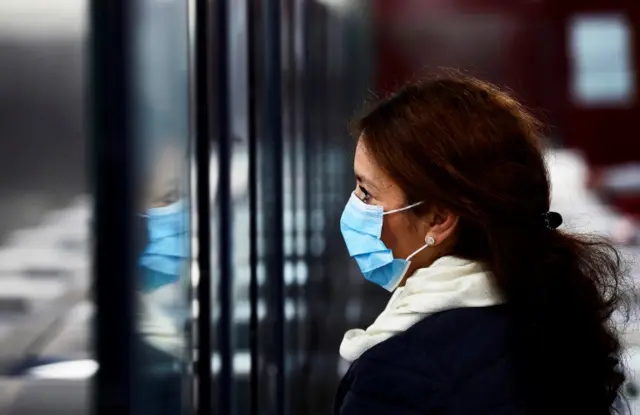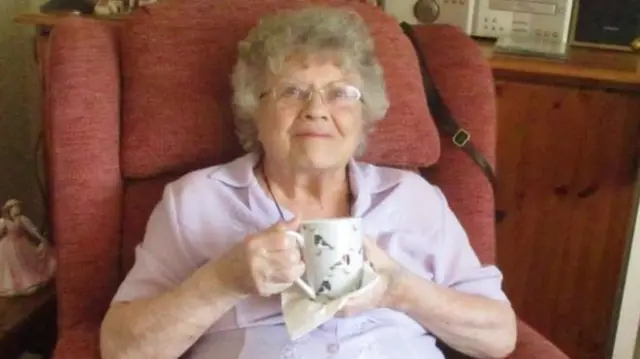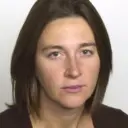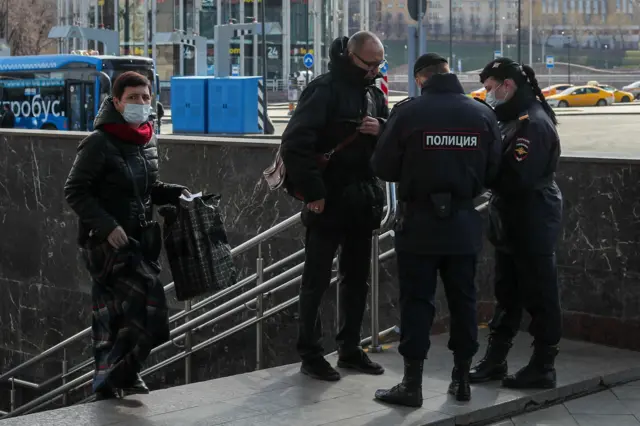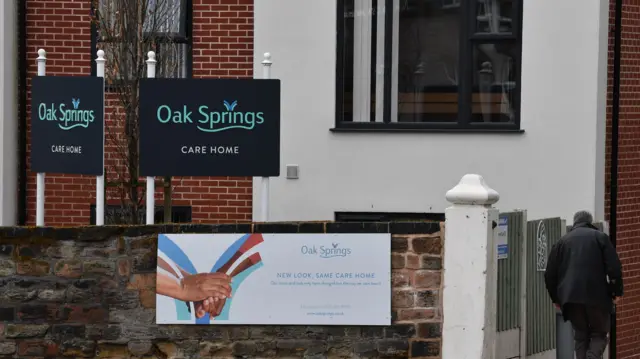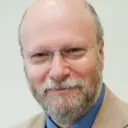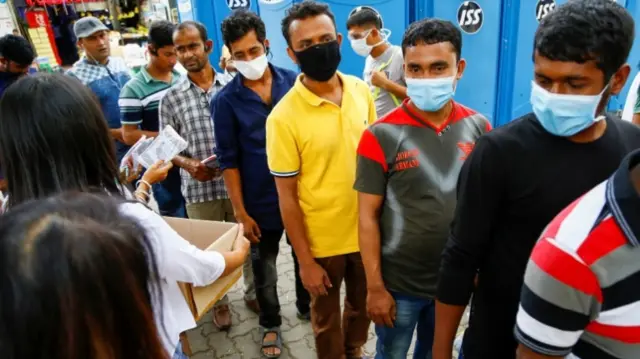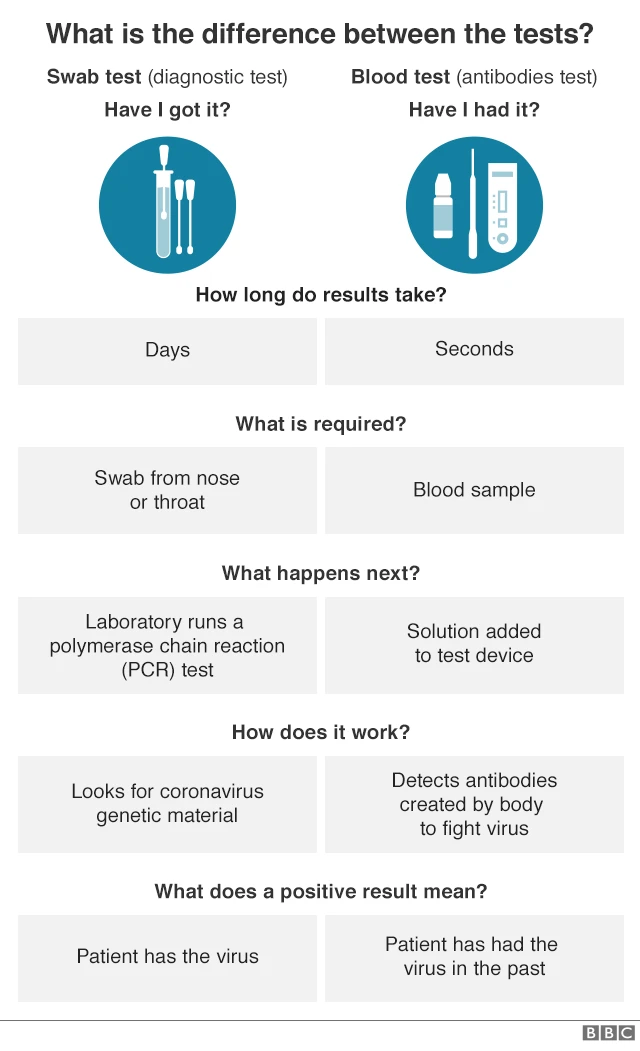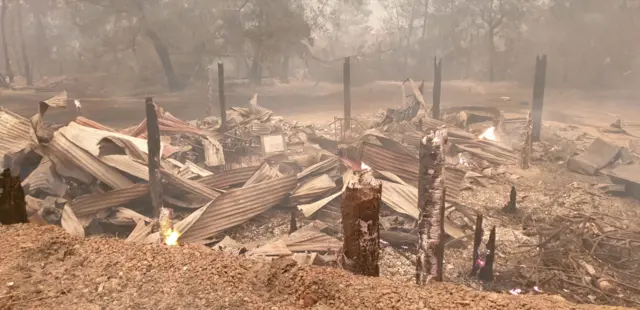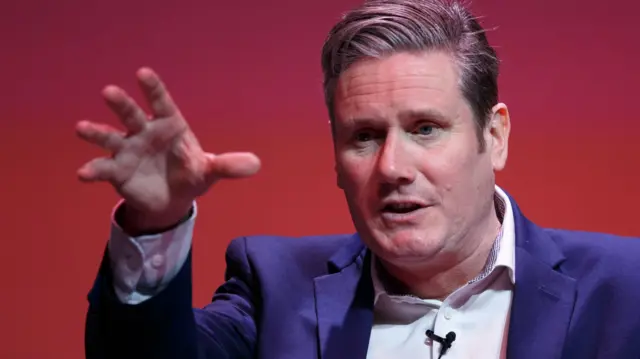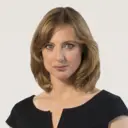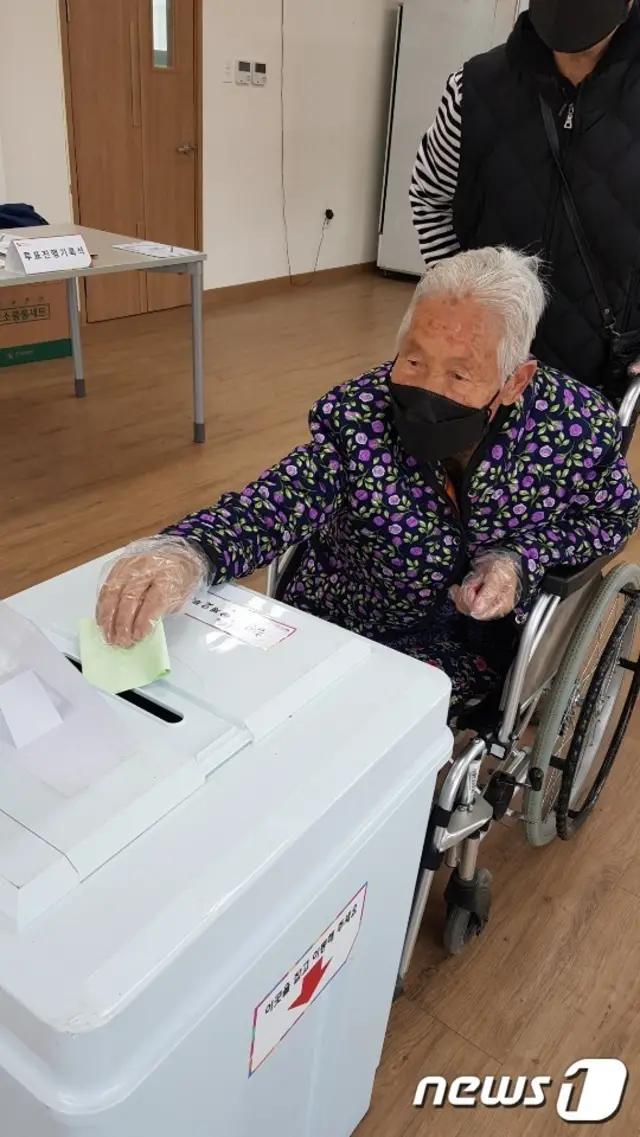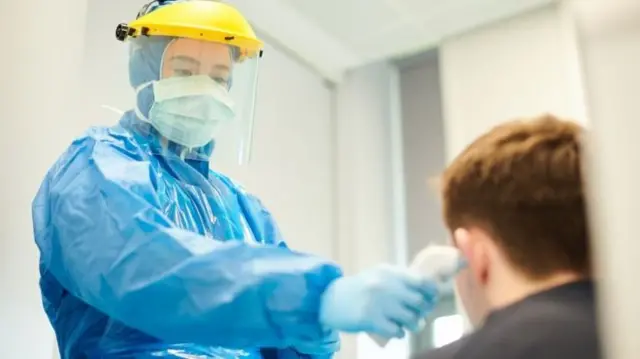EU seeks 'gradual approach' to lifting of lockdownpublished at 10:57 BST 15 April 2020
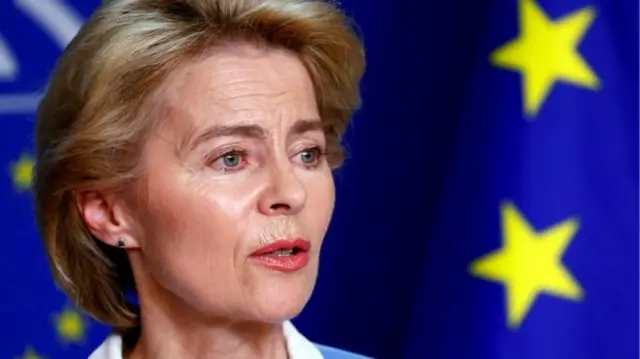 Image source, Reuters
Image source, ReutersThe European Union has announced its recommendations for member states to come out of lockdown measures, warning countries to be cautious.
EU Commission President Ursula von der Leyen said the main pre-conditions were for states to have a significant decrease in infections, sufficient capacity in their health system and adequate monitoring and surveillance.
Von der Leyen said: "In general, we recommend a gradual approach and every action should be continuously monitored."
The goal of the roadmap is to "ensure a co-ordinated exit from the containment measures", the commission said.
An online pledging conference will be held on 4 May to address funding gaps, she added.
